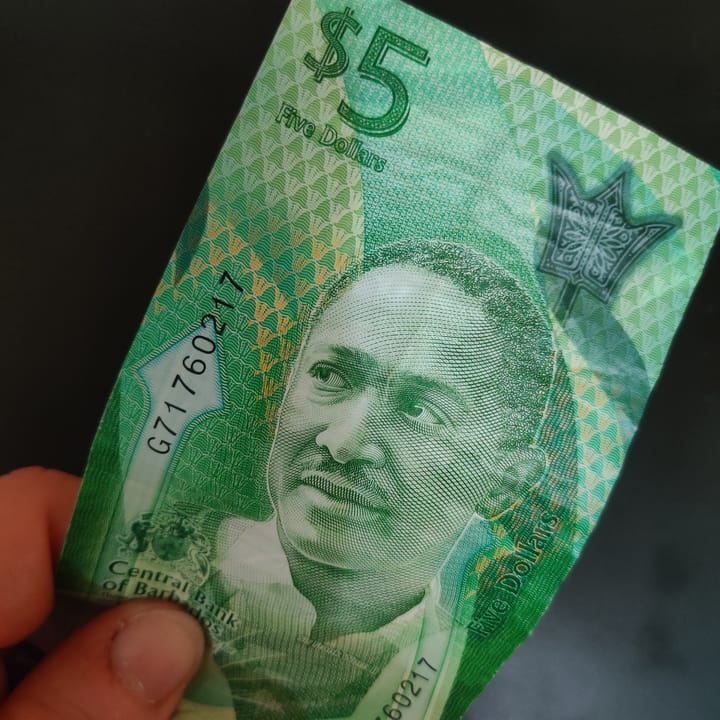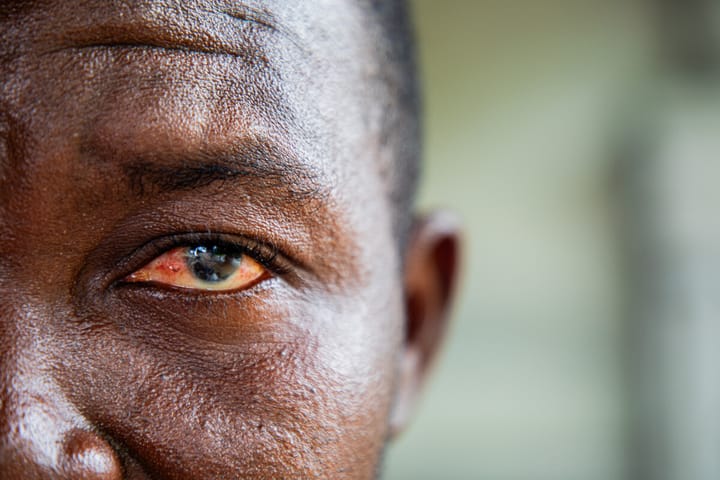How to support children fronting climate lawsuits
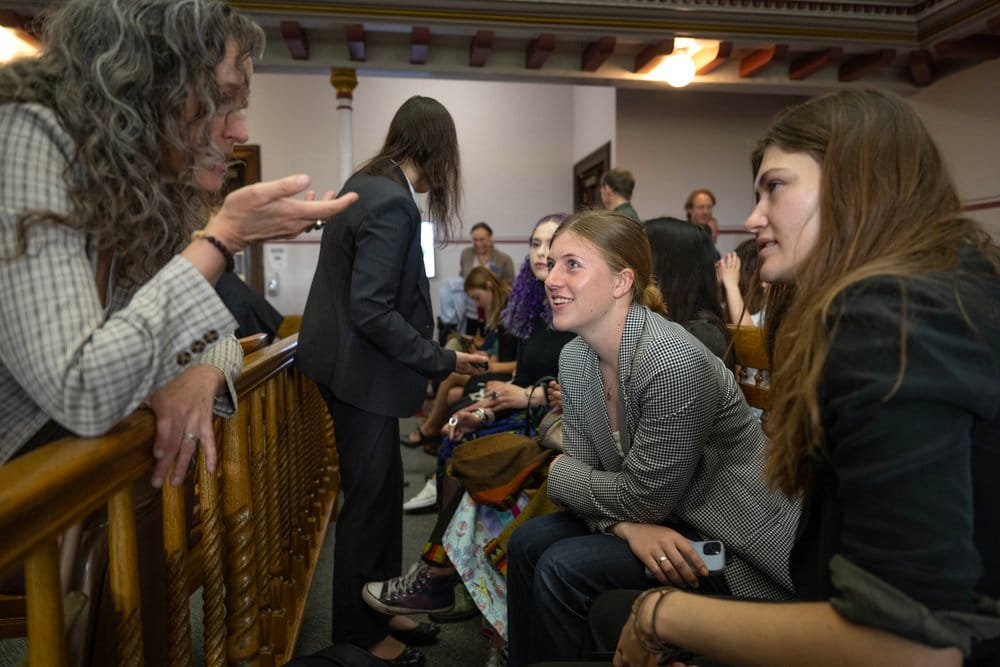
How can young climate litigants can be better supported while respecting their agency as rational people with a genuine stake in the outcomes?
Childhood can be both magical and terrifying; you are buffeted about by the winds of society but have no clear way of shaping them. Having to navigate all that during an avoidable emergency that you can see looming over your life must be much, much harder.
An inability to influence the political system by voting, and a keen awareness of the climate crisis, have led a growing number of young people to take part in climate litigation. Some are older teenagers with a legacy of environmental activism; at the other end of the scale a foetus was listed on a 2022 legal challenge against South Korea that argued the state was breaching the rights of future generations.
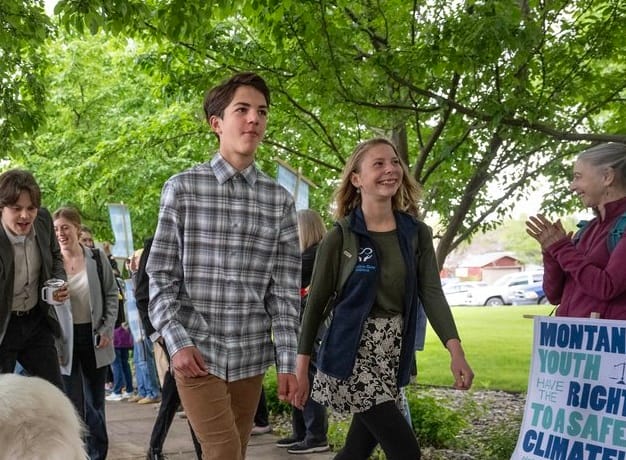
Dr Kata Dozsa, a postdoctoral researcher at the University of Antwerp specialising in children’s rights and climate change law, acknowledges that having youth claimants fronting a climate case makes it more media-friendly, and says it is an important reminder that climate change harms the most vulnerable and how its impacts spread across generations.
She notes that high-profile NGO-led cases such as Urgenda in the Netherlands and Klimaatzaak in Belgium included young people among their many co-claimants. “There is nothing wrong with involving children in a case symbolically and then arguing for their rights in court.”
But she warns that children who are central to a case risk being “instrumentalised”. Child rights campaigners recently told me that meaningful participation in legal processes and hearings is still difficult for youth climate campaigners and that, even where they are involved, more should be done to support young claimants.
“Some children are active citizens who really want to act on their own rights and in climate matters,” stresses Dr Dozsa.
Shaping the legal narrative
To help address these issues, a set of guidelines for strategic litigators was produced by three child rights experts: Ann Skelton, professor of law at the University of Pretoria, director of the Centre for Child Law in South Africa and chair of Committee on the Rights of the Child; Aoife Nolan, professor of international human rights law at the University of Nottingham; and Karabo Ozah, a senior attorney and fellow director of the Centre for Child Law.
The guidelines say that children should not be plucked out of thin air to front a lawsuit and should be aware of the issues before signing up to the case.
But there is a risk that climate litigation is dominated by adult priorities and diminishes children’s agency. To address this, the guidelines recommend child claimants should be involved from the start in helping shape the legal narrative and the kinds of remedies being sought.
Prof Skelton told The Wave that legal practitioners have to ensure young people are really informed, take on board what they are saying and then “package that in a way that makes sense for the court”. That might mean thinking outside their own exclusively legal perspective.
During a case, lawyers and others working with children in climate litigation have to think carefully about how they communicate. That means translating tricky legal concepts to young people in language they understand, and staying regularly in touch. Environmental lawyers are already use messaging apps such as Whatsapp and Signal to contact young clients in real time, especially during hearings they cannot attend.
However, there are risks involved with the “high-stakes nature and publicity associated with climate justice litigation”, say the guidelines, and children and their families should be provided with all the information necessary to understand and weigh these up against the opportunities.
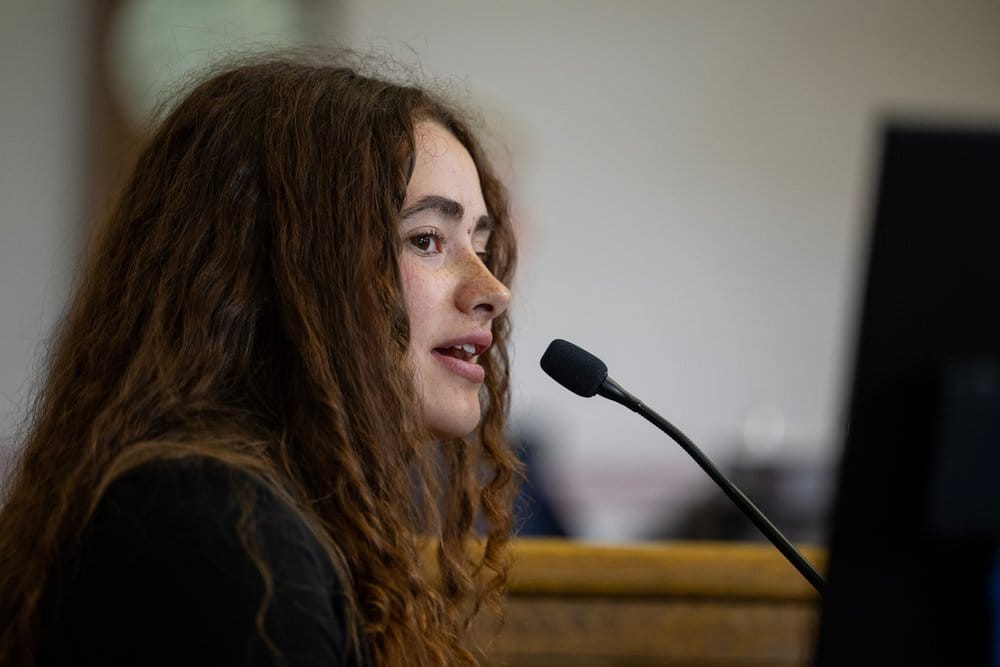
Kelly Matheson is head of global climate litigation with US nonprofit law firm Our Children's Trust, which orchestrated the successful recent case against Montana as well as dozens of other youth-led cases across the US.
Although it’s vital that young people can participate meaningfully in these cases, Matheson acknowledges that they also need to be protected.
From the first conversations with possible plaintiffs, Our Childrens’ Trust discusses security and ethics concerns, and some young people decide not to go any further.
Physical danger to young claimants can be a risk in some countries. Young people should be fully informed about the possible risks of taking part in a lawsuit, say the guidelines.
Sometimes these are physical risks; according to the latest report from Global Witness at least 177 environmental defenders were killed last year around the world. This is not such a big issue in the US, but even in Montana a security team was posted outside the courtroom every day.
There could also be reputational and psychological risks, such the potential for media vilification and online trolling.
The guidelines note that children’s right to privacy should be respected at all times, so they should not be identified unless they specifically want to be. On the other hand, children should have the option of engaging with the press, and if they choose to do so should be trained to engage with journalists effectively.
Emotional stress
For those young people who decide to take part in a case, Our Children’s Trust has a trauma consultant on board to support them through the legal process.
A member of the Climate Psychiatry Alliance who attended the Montana trial praised the young people for taking part in the case and noted that Our Children’s Trust is “attuned to the emotional stress the plaintiffs are experiencing, the psychological challenge of publicly sharing their stories, and the stress of testifying”. (A dissenting opinion subsequently published in the Psychiatric Times concerning the “unintended consequences of the apparent unquestioning support” of child climate litigants was written by a climate sceptic.)
Dr Dozsa, who is about to publish a book called Children as Climate Citizens, says it is hard for researchers to know what is really happening behind the scenes in lawsuits. “But what I can see from those materials available is that in the Juliana case, children are really involved in every step of the case, they are aware of their own role and their own place in the case and they communicate really well.”
The experience of the Montana claimants was positive enough that they recently filed a brief supporting another lawsuit challenging the air pollution permit of a gas plant (see Served below).
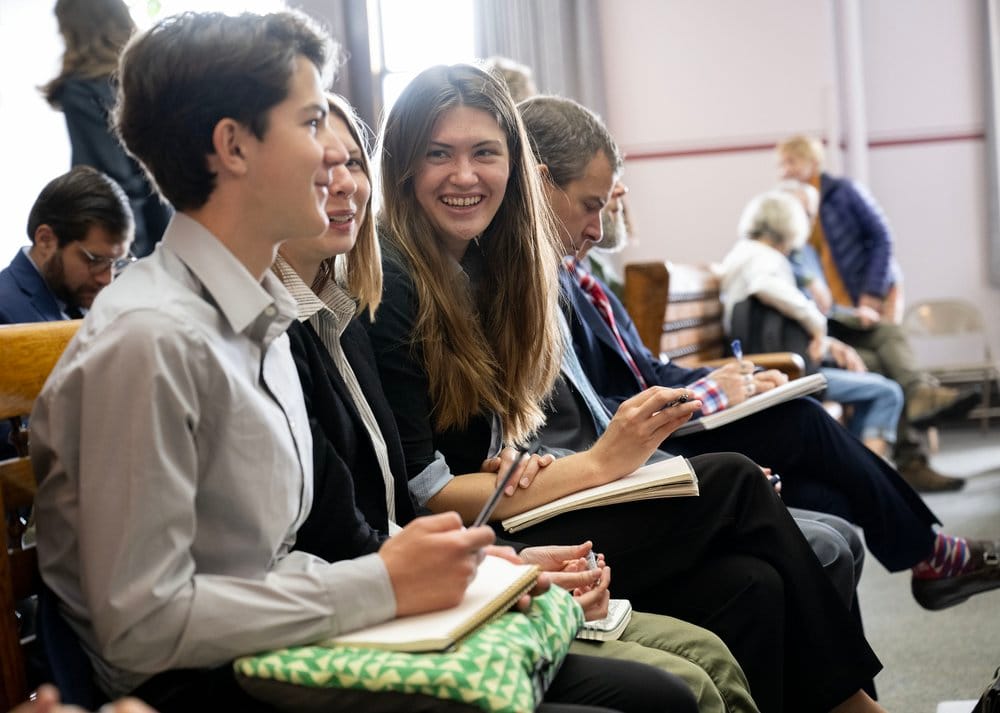
Children should be made aware of the possible outcomes of their lawsuit and what they might mean in advance of judicial decisions so that they can manage their expectations, say the guidelines.
Once there is a decision, they should be helped to understand and contextualise it. If they lose their case or get a disappointing ruling, someone should take time to sit down with them to explain the decision, its implications and the next possible lines of action.
“In some instances, this will require concrete steps to prevent potential negative consequences of the outcome, such as reprisals towards children or their families – something that can be a particular risk in the climate justice context given the political and social controversy that may surround such cases,” say the guidelines.
Children should also be kept abreast of how things develop afterwards. In unsuccessful cases that still end up with some form of strategic victory that would benefit other children or lay the basis for future legal and social change, lawyers “should take account of the views of the children directly involved in the litigation when turning their focus to the work that is needed to move forward broader strategic aims”.
"As long as it's a fully informed decision, I think that instills hope for these young people"
Skelton adds that legal investigations can take quite a long time, during which children are quickly growing and developing; in both the Montana and Juliana cases many of the plaintiffs are now adults. “They may have changing perspectives about whether they want to be involved.”
The guidelines say litigation should be halted “at any point” if the young claimants want it to be.
Conversely, as children grow older and become more mature, their views in relation to a protracted piece of litigation should be given increasing weight, according to the guidelines.
Ultimately, the process should be an empowering one. “Some people affected by human rights violations don't want to say anything publicly,” says Matheson.” And others are like, ‘Please let me have a voice. Please empower me.’ As long as it's a fully informed decision, I think that instills hope for these young people.”

